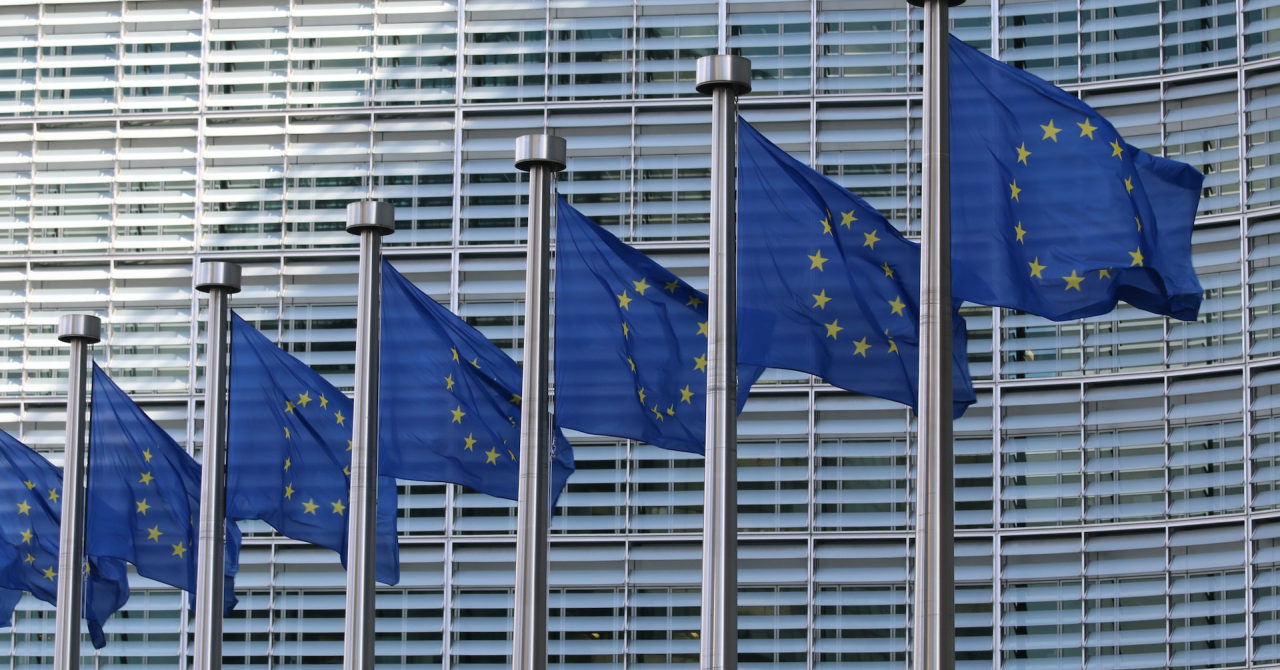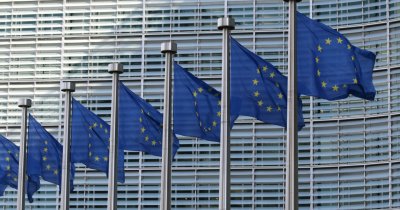It will also improve the level playing field for sustainable products on the EU's internal market and strengthen the global competitiveness of businesses offering sustainable products.
The new law will build on the existing Ecodesign Directive that has successfully driven the improved energy efficiency of products in the EU for almost 20 years. It will allow to progressively set performance and information requirements for key products placed on the EU market.
The Commission will adopt and regularly update a list of products identified on the basis of a thorough analysis and criteria notably related to the EU's climate, environment and energy efficiency objectives. This way, the Commission will ensure predictability and transparency on which products will be covered when.
Priority will be given to highly impactful products, including textiles (especially garments and footwear), furniture (including mattresses), iron and steel, aluminium, tyres, paints, lubricants and chemicals, as well as energy related products, ICT products and other electronics.
The new Ecodesign requirements will go beyond energy efficiency and aim to boost circularity, covering, among others:
- product durability, reusability, upgradability, and repairability
- presence of chemical substances that inhibit reuse and recycling of materials
- energy and resource efficiency
- recycled content
- carbon and environmental footprints
- available product information, in particular a Digital Product Passport.
The new Regulation also contains novel measures to end the wasteful and environmentally harmful practice of destroying unsold consumer products.
Companies will have to take measures to prevent this practice, and the co-legislators introduced a direct ban on destruction of unsold textiles and footwear products, with derogations for small companies and a transition period for medium-sized ones. Over time, other sectors could be covered by such bans, if needed.
In addition, large companies will need to disclose every year how many unsold consumer products they discard and why. This is expected to strongly disincentivise businesses from engaging in this practice.
More information on the sustainability characteristics of products will be made available, including through a ‘Digital Product Passport' which will help consumers and businesses make more sustainable product choices and help authorities improve enforcement of the legal requirements.
The ‘passport' will be an easily accessible tag on products that will give instant access to information on the product's sustainability. It will be useful not only for consumers but also for customs and market surveillance authorities.
Additional product information could also be provided through labels similarly to the widely recognised EU Energy Label currently in place for many energy-related products, and could for instance be used to display a reparability score.
The European Parliament and the Council will now have to formally adopt the new Regulation. Once adopted, the Regulation will enter into force on the 20th day following its publication in the Official Journal.
After this happens, the first working plan under the new Ecodesign for Sustainable Products Regulation will be adopted, which will establish which products would be targeted.
 Mihai - Cristian Ioniță
Mihai - Cristian Ioniță












Any thoughts?